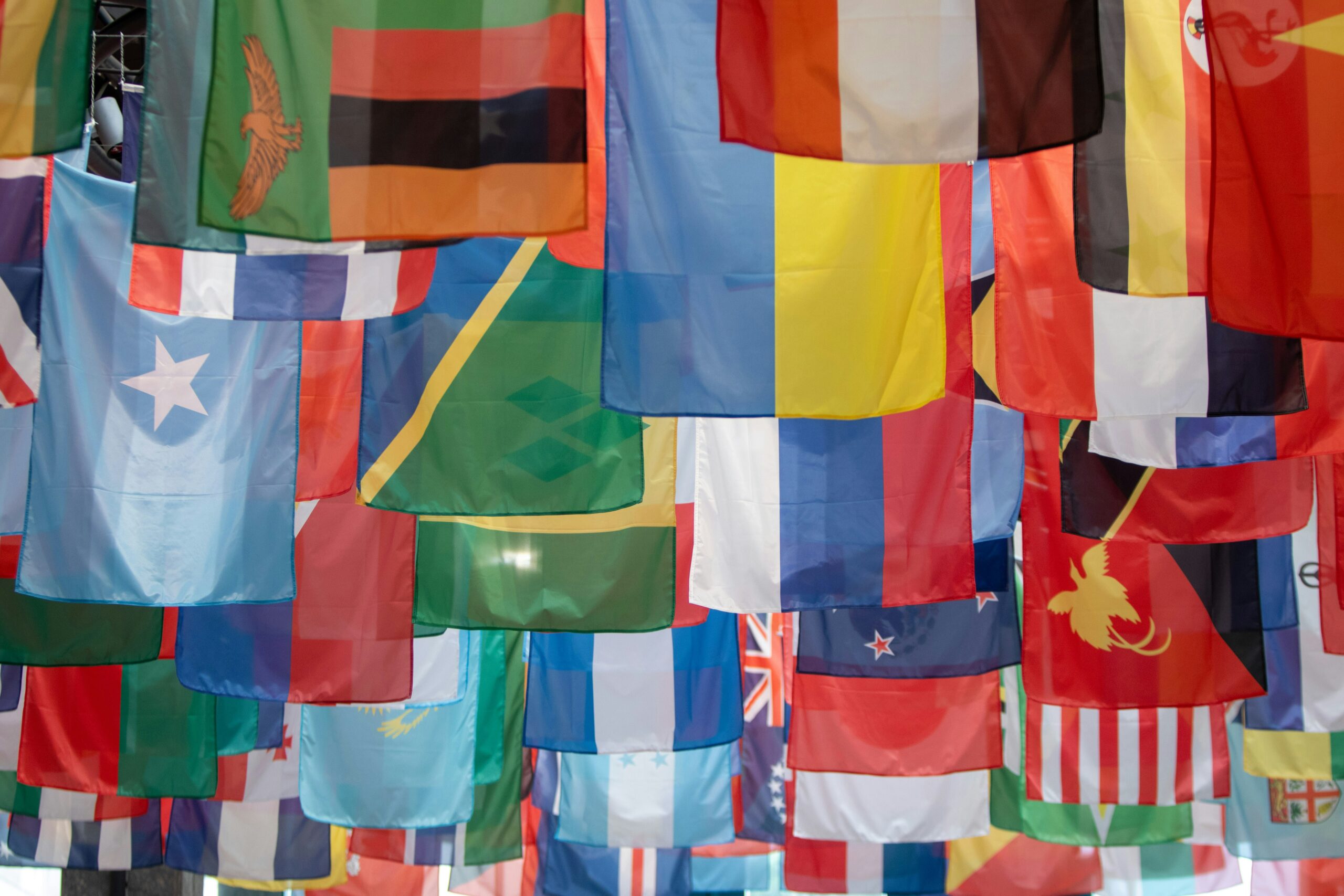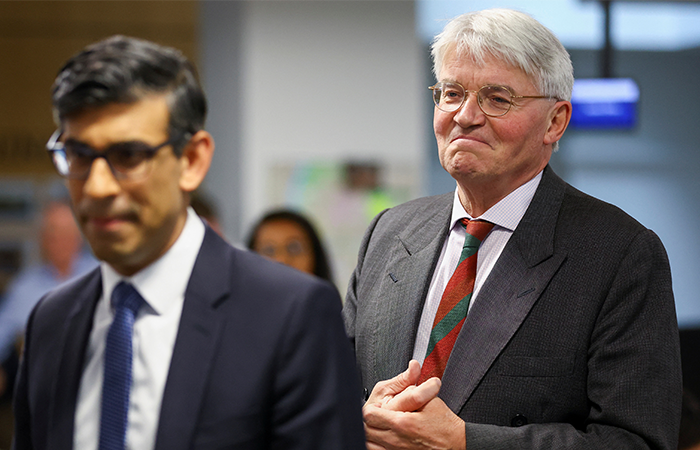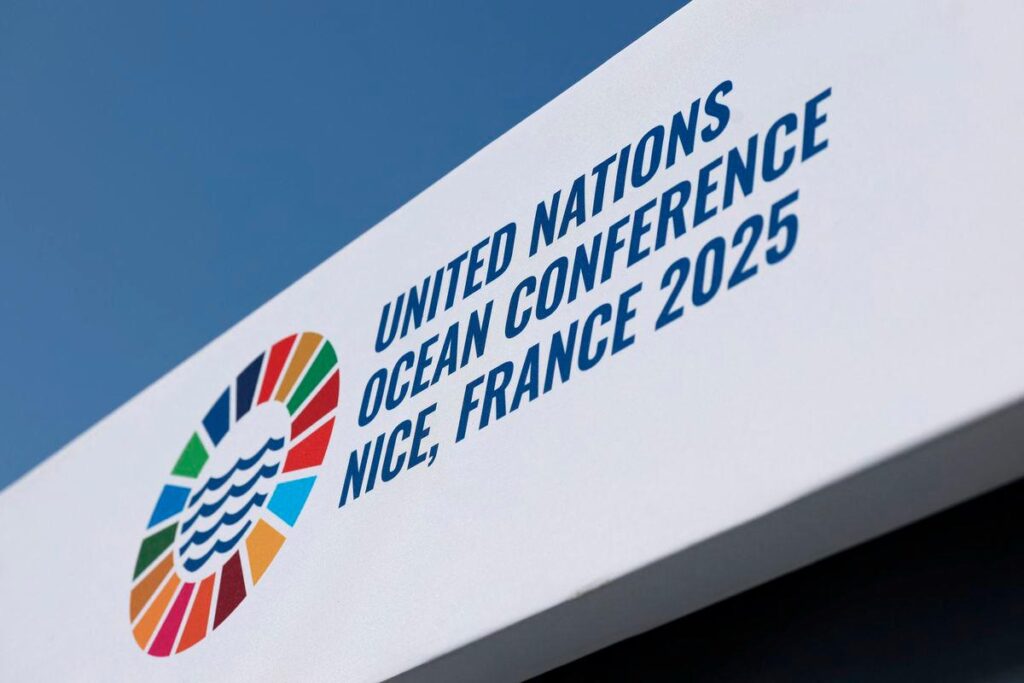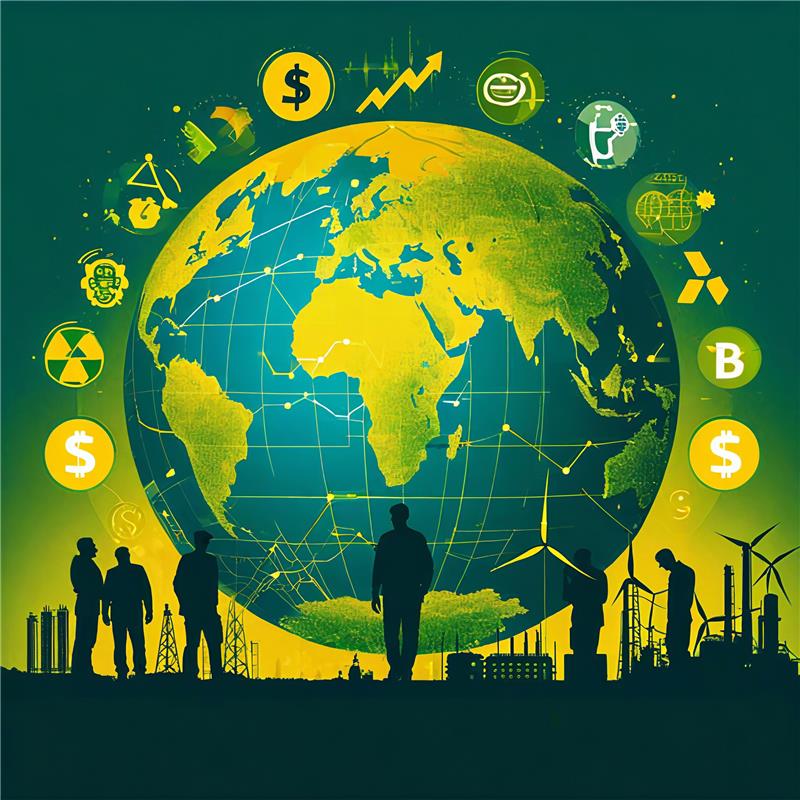The world is in New York again for the 80th session of the United Nations General Assembly (UNGA), running until Sept. 28th. But unlike previous years, the stakes in 2025 feel higher, the divides wider, and the need for genuine multilateral action more urgent. Humanitarian crisis in Gaza, a Russia-Ukraine stalemate, tensions over the Taiwan Strait, and rising populism across Europe all paint a bleak backdrop for this year’s session of UN debate and discourse.
The theme, “Better Together,” led by UNGA President Annalena Baerbock, aims to underscore global unity. Yet ten years on from the monumental Paris Agreement, the Assembly opens amid growing fragmentation: conflicts are proliferating, reform efforts appear stalled, and geopolitical mistrust threatens to undermine progress across the Sustainable Development Goals.
A fragile moment for multilateralism
It may have been trending this way for a while, but UNGA 80 feels like a litmus test of whether the world still believes in collective diplomacy. With five years remaining to achieve the 2030 Agenda, more than half of SDG targets are off-track or regressing. Trust in global governance is faltering, and the General Assembly’s ability to convene meaningful action is at an all-time low.
Recent special sessions have exposed these limits. The 2025 Emergency Special Session on Ukraine, where the U.S. opposed a peace resolution that was passed by a large majority, revealed fractures in Security Council consensus and exposed the General Assembly’s more symbolic, rather than strategic, role in crisis resolution.
Yet in many ways these divides make UNGA 80 more, not less, significant. In a multipolar world, it remains one of the few arenas where small island states and global powers share a stage, and where principled leadership can still shape global narratives.
Recognition and reality: The two-state solution returns to centre stage
The most politically charged and closely followed development this year is the anticipated recognition of Palestinian statehood by several European countries, including France, Belgium, and potentially the UK. This coordinated diplomatic shift, expected during UNGA High-Level Week, marks a turning point in Western engagement with the Israeli-Palestinian conflict, even as the humanitarian catastrophe escalates by the day.
Yet recognition is only the start. Behind closed doors, the U.S. and UN are pushing for a one-year, internationally backed, technocratic administration to run Gaza. It’s a move designed to stabilise governance, disarm Hamas, and refocus attention on reconstruction. A “New York Declaration,” adopted in July 2025, outlines a 15-month roadmap toward a demilitarised Palestinian state. Whether this roadmap can survive the politics of recognition remains to be seen.
What emerges from UNGA could be an important signal for Middle East diplomacy and a recognition that multilateral institutions still have role to play in conflict mediation.
Climate and SDGs: Rhetoric or rescue?
UNGA 80 is hosting a trio of summits aimed at course-correcting the 2030 Agenda: the SDG Moment on 22 September, the Global Compact Leaders’ Summit on 23 September, and a new Climate Ambition Platform on 24 September. These are designed to re-energise action on development and environment after years of drift. Optimism is limited on how successful they will be.
At the risk of cliché, ambition alone will not suffice. Progress on the SDGs remains painfully slow. Only 17% of targets are on track, and climate financing remains fragmented and inadequate. Previous calls for acceleration have delivered little. This time, real political leadership and new financing commitments must follow, despite the volatile geopolitical landscape making that a harder ask than ever.
The deeper fractures
UNGA 80 is being held in a context of systemic retreat. Donor fatigue and nationalist politics are eroding global solidarity. Foreign aid budgets are being slashed or redirected toward domestic priorities, and multilateral institutions are weakened by inertia and underfunding.
At the same time, private sector regression is accelerating. ESG and SDG alignment is increasingly deprioritised in many major corporations under shareholder pressure, a shift largely attributed to the Trump administration’s influence. The retreat from sustainability may be quiet but it is consequential.
Meanwhile, conflict zones and climate hotspots are multiplying. From Syria to Sudan, infrastructure has collapsed, and displaced populations remain locked out of global commitments. Climate-related crises have intensified, yet water, health, and sanitation continue to be marginal in most national adaptation plans.
What leadership could look like
To avoid UNGA 80 becoming another missed opportunity, governments must resist the impulse to perform and instead choose to lead. This means recognising the limits of symbolism – for example, recognising Palestine without investing in viable governance runs the risk of fuelling cynicism.
It means reframing climate ambition. Clean energy pledges must be matched with adaptation support, particularly for fragile states. It also means investing in inclusion. Diaspora networks, youth leaders, and Indigenous voices must be embedded not as token participants but as decision-makers.
And it means strengthening reform coalitions. Security Council reform is unlikely, but coalitions for institutional renewal on peacebuilding, digital governance, and financing are still possible.
Deliver or discredit
UNGA 80 could be remembered in two ways. Either as a moment when world leaders grasped the urgency of a collapsing global order and rallied around a shared rescue plan. Or another well-lit stage where grand declarations masked political drift.
In 2025, unity cannot be rhetorical. What is at stake is not merely the credibility of the UN, but the relevance of global governance in shaping the next decade.






